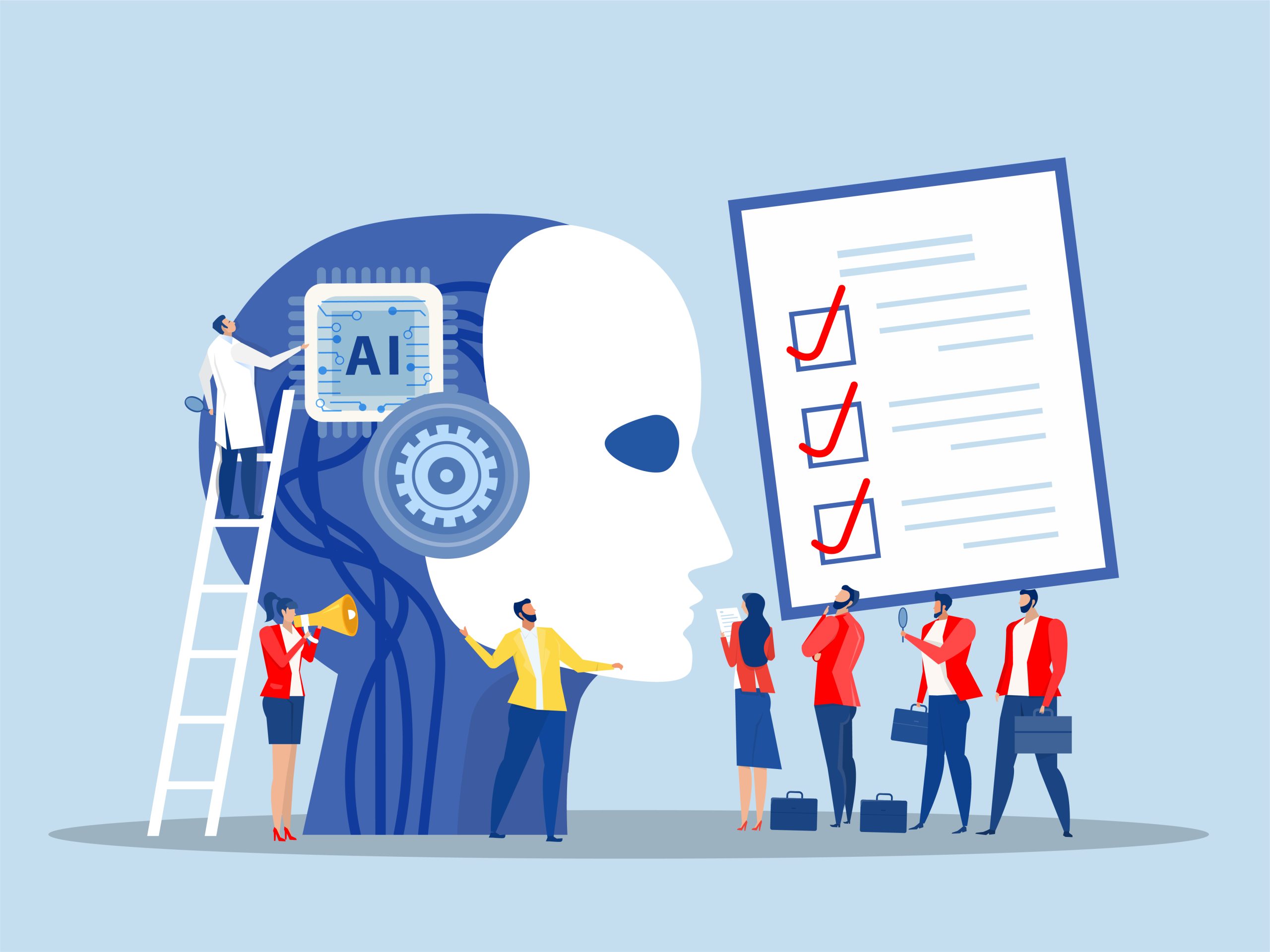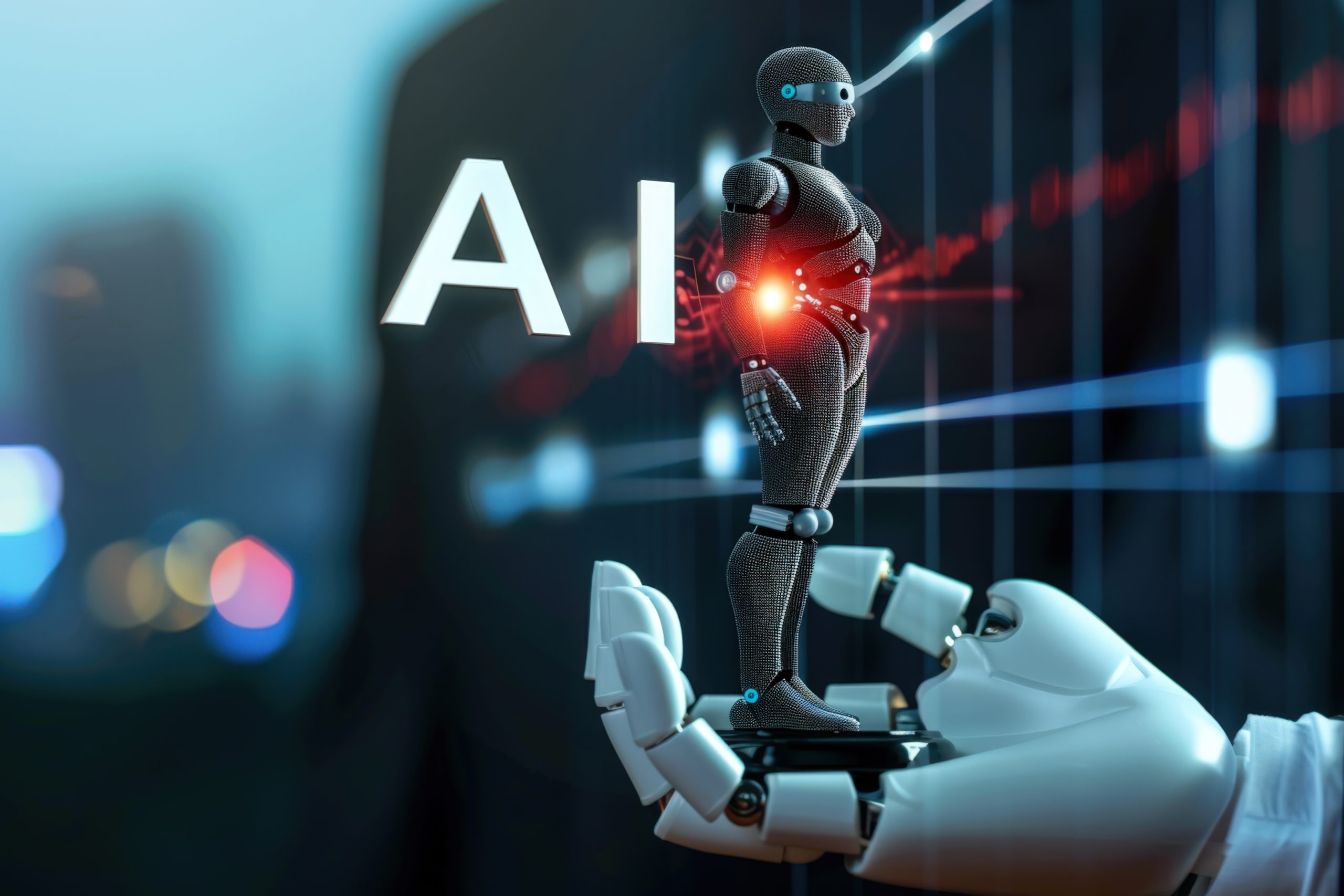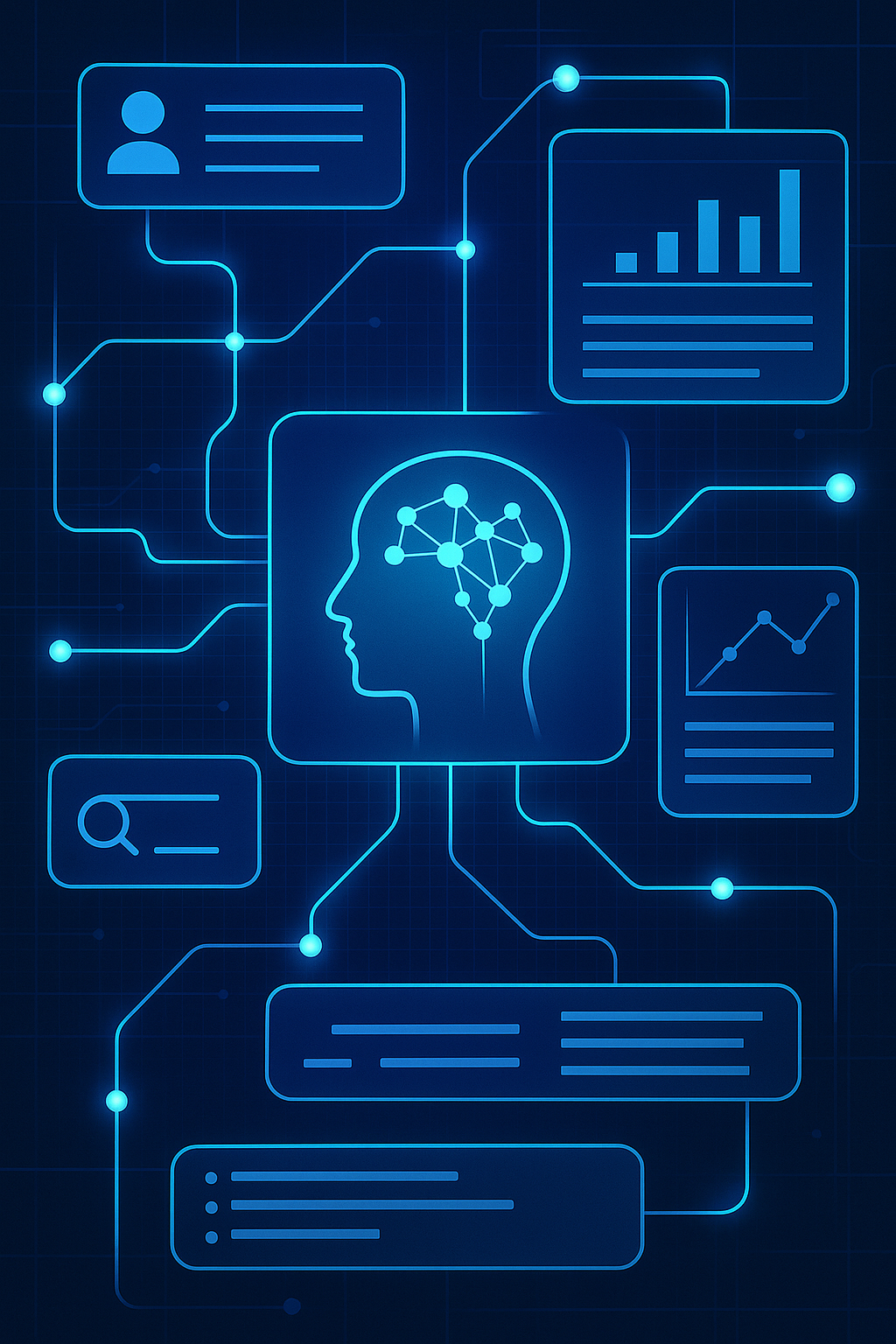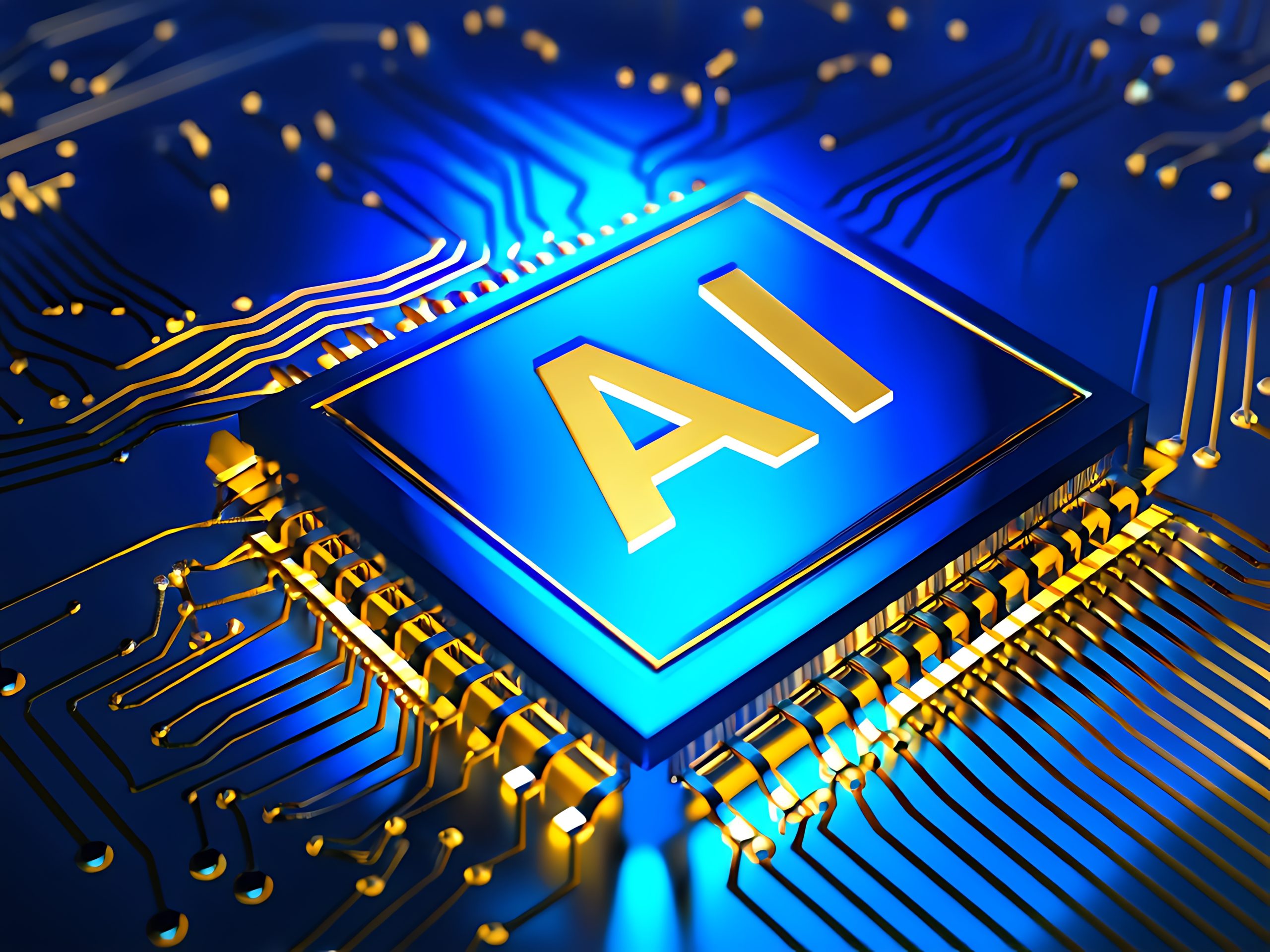Tackling Ethical Challenges in AI
Artificial Intelligence (AI) is woven into the fabric of our daily lives, and its expansion is happening at an extraordinary rate. It has become a driving force, from the recommendation engines that suggest our next movie to sophisticated systems managing financial markets and aiding medical diagnoses. We live in a world where this technological revolution reigns supreme, offering benefits such as enhanced efficiency, new capabilities, and solutions to complex global challenges. With its rapid expansion and even more rapid adoption, numerous questions come to the forefront regarding “ethical challenges in AI”. In this blog, we will focus on the ethical implications of AI and ways we can counter these dilemmas. Where is AI Expanding?AI's reach is broad and rapidly deepening across virtually every sector:Healthcare: AI algorithms analyze medical images to detect diseases like cancer with increasing accuracy, predict patient risk factors, personalize treatment plans, and accelerate drug discovery.Finance: AI's analytical power has made algorithmic trading, fraud detection, credit scoring, personalized financial advice, and automated customer service commonplace.Transportation: Autonomous vehicles promise safer roads, while AI optimizes logistics, traffic management, and public transport scheduling.Entertainment & E-commerce: Recommendation systems curate our playlists and shopping suggestions. Generative AI creates novel images, music, and text. Chatbots handle customer queries.Workplace & Daily Life: AI assistants schedule meetings (increasingly acting as autonomous 'agents'), summarize documents, automate repetitive tasks, power smart home devices, and filter spam emails. AI is even augmenting coding (e.g., GitHub Copilot) and creative processes.Science & Research: AI accelerates research by analyzing complex datasets in fields like climate science, genomics, and materials science.AI is moving towards more sophisticated reasoning capabilities, integrating multimodal inputs, like text, images, audio, and video, deploying autonomous AI agents to handle complex tasks, and developing specialized foundation models fine-tuned for specific domains.Understanding the Ethical Challenges in AIThis powerful expansion isn't without significant ethical hurdles. These hurdles are manifesting in real-world applications today.Bias & Fairness: AI learns from historical data, which can reflect and amplify existing biases, leading to unfair outcomes in areas like hiring, healthcare, or law enforcement.Privacy Concerns: AI systems rely on vast personal data, often collected without clear consent, raising concerns around surveillance, misuse, and data security.Accountability Gaps: Complex AI models often lack transparency, making it hard to trace or explain their decisions. This is especially challenging in critical areas like healthcare or autonomous vehicles.Job Market Disruption: Automation is reshaping the workforce, replacing some roles while creating others, leading to concerns over job loss and widening inequality.Security & Misuse: AI can be exploited for harmful purposes, from deepfakes and phishing to autonomous weapons, posing real-world security risks.Erosion of Autonomy: As AI begins to influence choices and decisions, it may undermine human judgment and critical thinking over time.Environmental Impact: Training large AI models consumes massive energy, contributing to a growing digital carbon footprint.Ways to counter these Ethical Challenges in AI:Now that we have identified the ethical pitfalls of AI expansion, it is important to look at concrete strategies to help counter these challenges. This is essential for building trust and ensuring AI benefits humanity equitably. Here are key strategies to address the major ethical concerns:Promote Fairness: Use diverse, representative datasets and regularly audit models for bias. Build inclusive teams and adopt fairness-aware algorithms.Protect Privacy: Incorporate privacy by design, minimize data collection, and use techniques like differential privacy or federated learning.Ensure Accountability: Invest in explainable AI, maintain thorough documentation, and define clear responsibility frameworks for high-stakes decisions.Support Workforce Transition: Invest in large-scale reskilling programs, enhance social safety nets, and develop AI tools that complement human work rather than replace it.Strengthen Security: Build robust, attack-resistant models, monitor for misuse, and simulate threats through ethical hacking and red teaming.Preserve Human Oversight: Design systems with human-in-the-loop controls, and ensure users have meaningful input, transparency, and opt-out options.Build Sustainably: Prioritize energy-efficient models and evaluate the environmental cost of AI projects during development.Countering the ethical challenges in AI is not a one-time fix but an ongoing process of vigilance, adaptation, and continuous improvement. It requires a fundamental commitment across society to prioritize human values, fairness, and well-being as we harness the power of this transformative technology. Shaping Our AI Future, EthicallyAI is already changing the way we live and work by powering smarter tools, improving decisions, and opening up new possibilities. But as it becomes more embedded in our world, the questions around how it's built and used become just as important as what it can do.Issues like bias, privacy, and accountability aren’t theoretical anymore; they’re showing up in real systems today. And while the technology moves fast, our approach to ethics needs to keep pace.This isn’t about slowing progress. It’s about making sure that progress works for everyone. That means building with care, staying transparent, involving the right people, and thinking beyond just efficiency or scale. It is better to ask the hard questions now, so we are better equipped to shape AI that reflects our values. The path forward is still being written. How we choose to walk it will define what this technology ultimately becomes.
Learn More >







